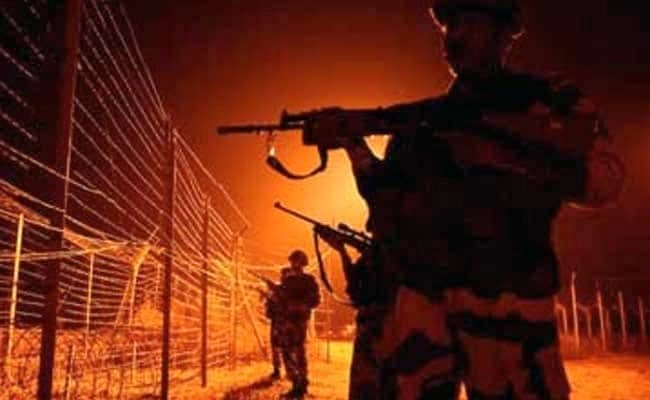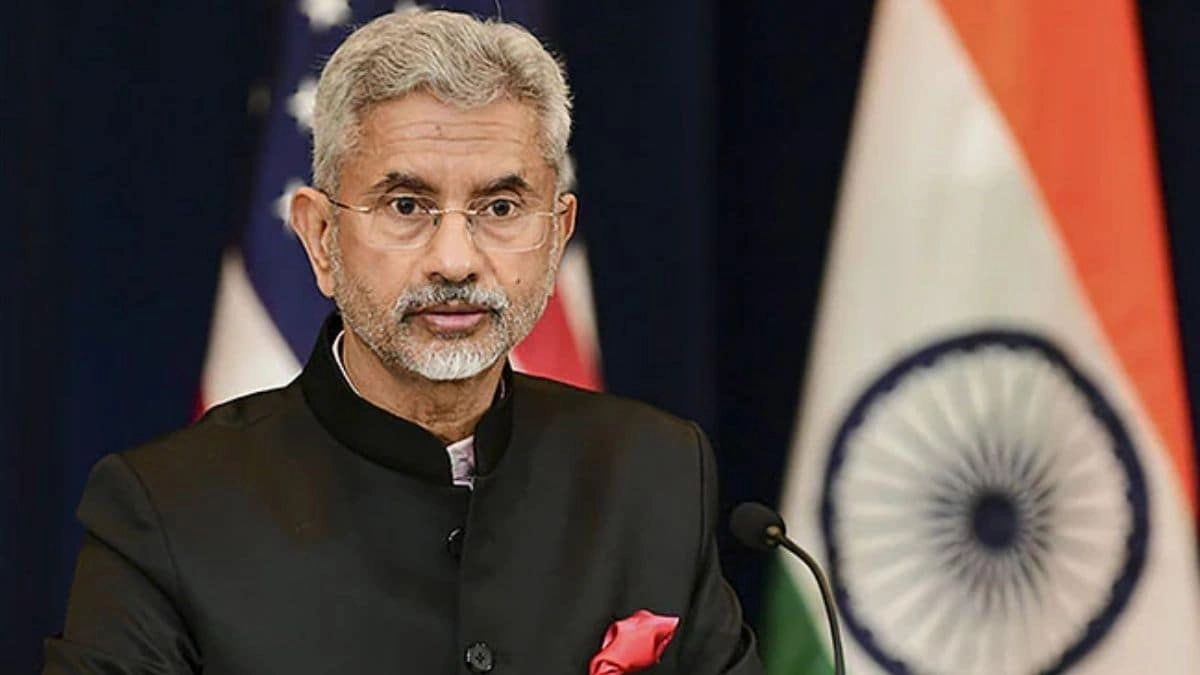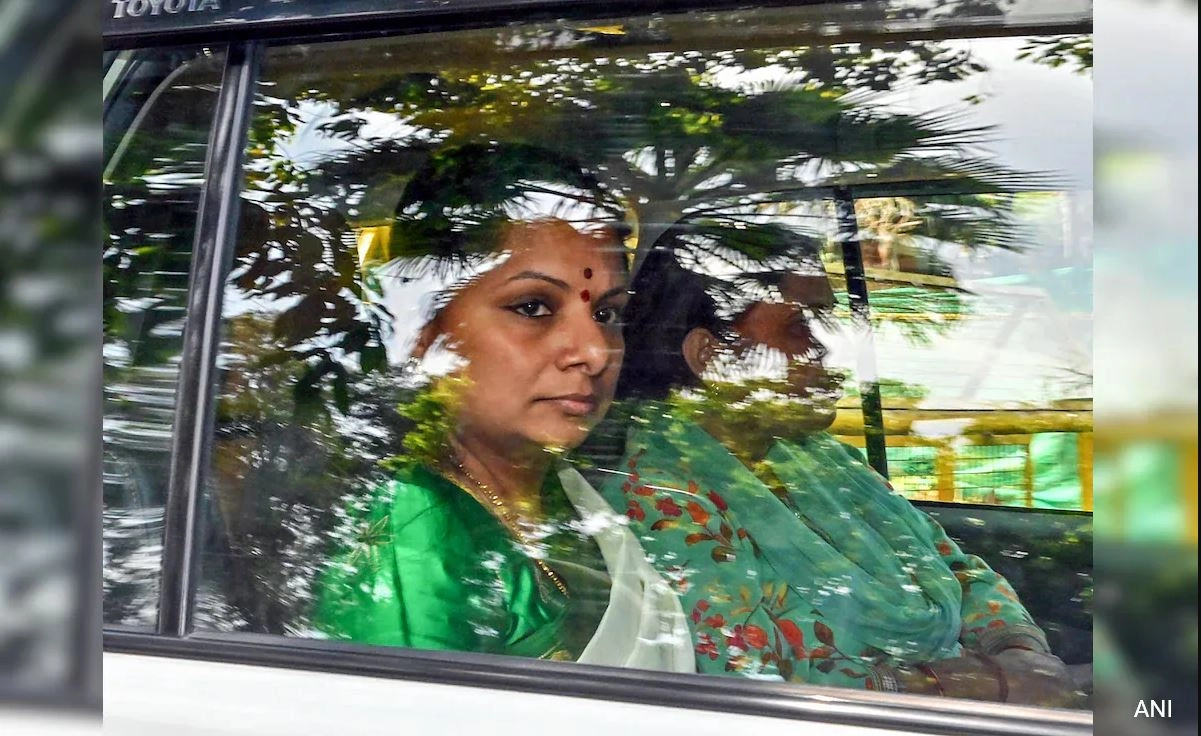The ongoing tensions along the Line of Control (LoC) have once again escalated, as recent reports indicate the first targeted firing incident in the Poonch sector. This alarming development comes in the wake of persistent ceasefire violations by Pakistan, raising serious concerns about the stability of the region. The targeted firing not only endangers the lives of civilians but also threatens to destabilize the fragile peace that has been maintained in the area for some time.
In this latest incident, it has been reported that Pakistani forces opened fire on Indian positions, prompting a necessary and measured response from the Indian Army. The situation reflects a worrying pattern of aggression that has characterized relations between the two nations, particularly in border areas where skirmishes have been frequent. The Indian authorities are closely monitoring the situation, emphasizing the need for vigilance and preparedness in the face of such provocations.
Ceasefire violations, particularly in the Poonch sector, have become a recurring theme in the narrative of Indo-Pak relations. Both countries have historically engaged in negotiations to uphold ceasefire agreements; however, the repeated breaches demonstrate the challenges in maintaining peace. Civilians living in the border areas bear the brunt of these hostilities, often finding themselves caught in the crossfire and living under the constant threat of violence. This precarious situation calls for both diplomacy and a commitment to dialogue, as both nations seek to avoid further escalation and protect the lives of innocent people.
The international community is watching closely, as these incidents not only affect regional stability but also have broader implications for global peace. The need for effective communication channels between the two nations has never been more critical. As both sides navigate these tumultuous waters, it is essential to remember the human cost of conflict and the importance of pursuing peaceful resolutions. The hope remains that through dialogue and mutual understanding, the cycle of violence can be broken, paving the way for a more stable and peaceful future in the region.




